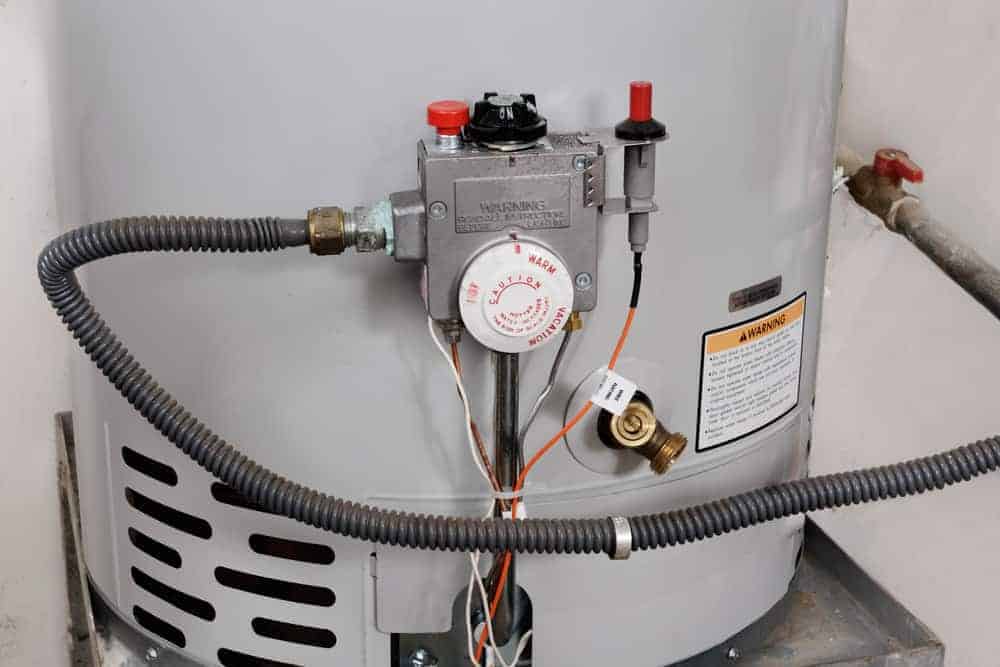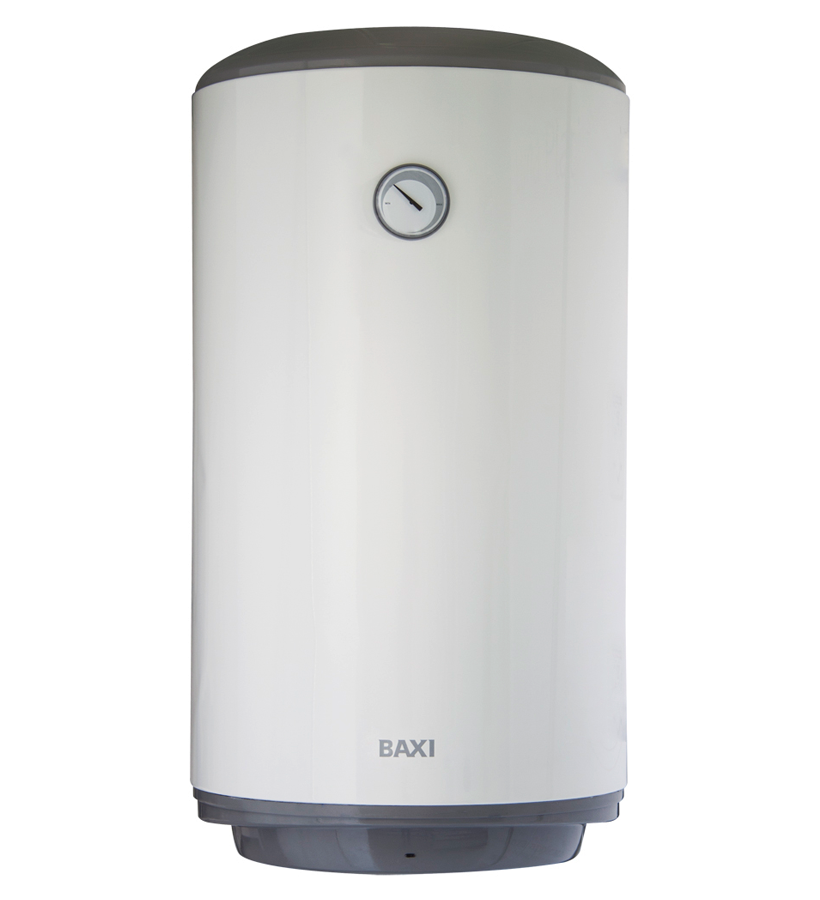Crucial Guidelines for Homeowners Managing Malfunctioning Water Heaters
Crucial Guidelines for Homeowners Managing Malfunctioning Water Heaters
Blog Article
The article author is making a number of good annotation relating to Broken Water Heaters overall in the content followed below.

Whether it lies in the cellar or a separate space, broken water heaters can trigger stress. A common unit holds 80 gallons, so an over night leak will cause a flood. This leads to major home damages with soaked walls and also floorings. Besides, having no hot water supply is also troublesome. If you are managing these problems, make note of the following:
Call the Plumber
After doing the first 2 security actions, you have to call your plumber to come right away to deal with a burst water heating system. There are usually indications that your aging water heater has sediment build-up in the inside.
Do not wait on major flooding to call the plumber. Already, you will certainly need to spend more to restore your property. Rather, as quickly as you detect these indicators, have an expert concerned inspect your water heater storage tank. Commonly, water heaters have a life expectancy of concerning 8 to 12 years. With routine inspection as well as maintenance, you can lengthen its life.
Cut Off the Cold Water Supply
Cut off the containers tap water supply from the source. When your container is in great condition, the cool water stops loading up when the storage tank is full. If you can not discover it or reach it, you have to transform off that primary water supply line outside your residential property.
Shut Off Power Source
Before calling the plumber, closed off a gas water heating system by transforming the temperature dial. This will prevent electrocution, specifically if there is a leakage as water is a conductor. Normally, the heating aspect closes off when the water strikes a certain temperature.
Tidy up Residential or commercial property
After calling the plumber, document damages by making note as well as images so you can declare your property owner's insurance coverage. From there, begin the prompt cleaning. Take out any kind of important valuables to stop additional soaking. Remove any kind of standing water to avoid mold and mildew and mold growth. Utilize that to drain pipes the water if you have a submersible water pump. Or else, the traditional container method will also work. Attempt to mop out everything, consisting of wall surfaces as well as baseboards. If you have an electric fan and dehumidifier, maintain them running to keep air circulating. This will certainly assist deter mold and mildew development.
Keep in mind, if you discover any concerns with your water heating system, call the pros right away. You can not take this issue gently since a defective thermostat can raise water temperature to a precariously high level, leading to unintended burns.
After doing the first 2 safety steps, you have to call your plumber to come right away to repair a fractured water heater. Rather, as soon as you find these indicators, have an expert come to evaluate your water heater storage tank. Prior to calling the plumber, shut off a gas water heater by transforming the temperature dial. If you have a submersible water pump, utilize that to drain the water. Keep in mind, if you see any issues with your water heating unit, call the pros right away.
8 REASONS YOUR HOT WATER HEATER IS NOT WORKING & HOW TO FIX
Water Heater Problems & Solutions
Loose or Damaged In-Line Valve
Unlike a water leak near the bottom of your water tank, a water leak on top of your system can be easily fixed. A common cause of water tank leaks includes a loose in-line valve. This is a handle that is located at the top of the water tank that is engineered to activate or deactivate the flow of water. To fix this problem, you will need to secure the nut that holds the ball or in-line valve in its location. If the leak becomes more severe once it is tightened, you will be required to travel to your local hardware store to purchase a new in-line valve for your water heater.
Damaged Pressure Relief Valve
Most types of water heaters are equipped with a pressure relief valve that is engineered to discharge pressure from the water tank when it becomes too high. If this valve on top of your water heater begins to leak, we recommend purchasing a new one online or from your local store. The process of removing and replacing pressure relief valves is not complicated.
No Warm Water
If you have an electric water heater in your home, the most typical cause of a lack of warm water is a broken heating element. Your water heater is equipped with two heating elements that are tasked with heating incoming water in the water tank. Once a heating element begins to malfunction, you will have little to no hot water to use for showering, cleaning, and laundry.
Low Supply of Hot Water
Are you continuously running out of warm water? This issue may be a byproduct of a cracked dip tube. This tube is engineered to push cold water to the base of your water tank to be heated. Once a crack or hole begins to form in the dip tube, the incoming supply of cold water may be released near the top or middle of your tank. As a result, the cold water on top of the tank will be sent to the faucets and showers in your house. This hot water heater problem can only be fixed by replacing the dip tube on your system. Since the process of installing a new dip tube is complex, we recommend calling a certified technician for help.
A low supply of warm water may also be a signal of excess sediment buildup in your water tank. As your water heater reaches the middle of its life cycle, minerals in water including magnesium and calcium will begin to collect at the base of the water tank. As the minerals continue to grow, there will be less room in the water tank to store hot water. To resolve this problem, flush your water heater to remove the excess minerals.
Water is Too Warm or Cold
If the water in your shower feels uncomfortable hot or cold, you can adjust the temperature of your water by changing the settings on your thermostat. Setting the temperature to 120 degrees Fahrenheit may help you save money on your utility bills. This is an excellent temperature to use if you’re worried about scalding or skin irritation. Does this temperature feel too cold? You may also adjust the thermostat to 140 degrees Fahrenheit to make your showers more pleasant. If your hot water heater is not working when you change the temperature, this is an indicator of a broken thermostat. Immediately find a certified plumbing or heating contractor in your area to repair or replace your thermostat.
Low Water Pressure
Low water pressure is not always caused by a malfunctioning water heater. If you live in an older home with smaller water pipes, the flow of water will be restricted prior to reaching our kitchen or bathroom skins. The only way to eliminate this hot water heater problem is to connect new ¾-inch water lines to your system. Another type of problem that may negatively impact your water pressure includes calcium deposits in water pipes.
As magnesium and calcium begin to form in your pipes, the diameter of your water lines will become smaller. As a result, the warm water from your water heater will not be able to travel in an efficient manner to your sinks or appliances. Since the process of replacing water pipes includes removing drywall, an average homeowner that does not have a plumbing license will not be able to fix this hot water heater problem.
https://www.wmhendersoninc.com/blog/8-reasons-your-water-heater-is-not-working-how-to-fix/

I came across that page about Maintaining & Draining a Water Heater while browsing on the search engines. So long as you enjoyed reading our page please remember to pass it around. We truly appreciate reading our article about Water Heater Repair.
Additional Resources Report this page